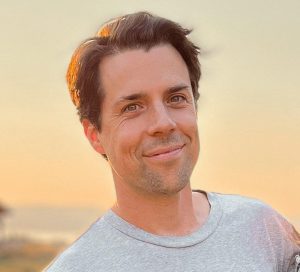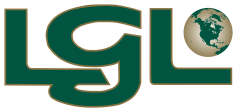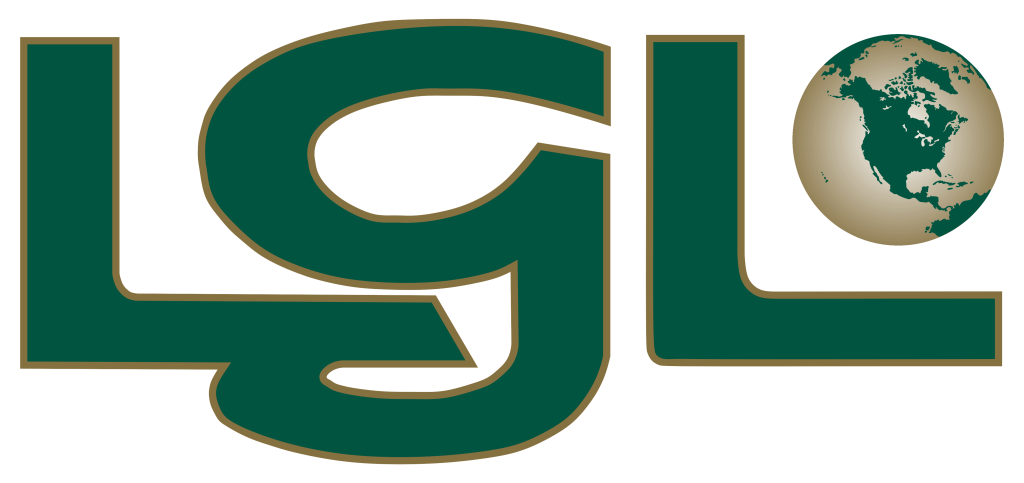Keegan Meyers
Wildlife Biologist

2016
- B.Sc.: University of Victoria (Biology [Co-op]) 2017
- Dipl. Arts and Sciences: Camosun College (Biology and Geography) 2013
Growing up in the Coast Mountains and Vancouver Island gave Keegan Meyers an appreciation for the wondrous landscapes and biodiversity of British Columbia. This appreciation of flora, fauna, and spatial processes led him to pursue a degree in Biology at the University of Victoria with a focus on wildlife ecology, biogeography, and geographic information technology.
Keegan has a broad range of research and consulting experience across multiple disciplines working in the public and private sector on projects for Indigenous, industrial, governmental, and non-governmental clients and stakeholders. Through the participation, coordination, and management of projects, he has developed a solid foundation in natural resource management, terrestrial ecology, conservation of species and ecosystems at risk, and least toxic pesticide and herbicide development. Keegan has extensive field experience as a soil sampler and wildlife biologist working in rugged and harsh environments in the Yukon Territory, British Columbia, and Alberta.
Keegan began working for LGL in 2016 as a Wildlife Technician co-op monitoring amphibians and reptiles in the drawdown zone of Revelstoke Reach. As a Wildlife Biologist with LGL, he has primarily participated on landscape‑level wildlife and vegetation monitoring projects in wetlands throughout the Columbia River Basin and on industrial sites throughout the Alberta Oil Sands Region. Projects goals include monitoring the effectiveness of reclamation efforts through multi-taxa surveys in heavily disturbed landscapes due to industrial activity, amphibian monitoring and salvage, and remote wildlife sensing equipment deployment, maintenance, and data analysis. In addition to these projects, Keegan has contributed on environmental assessments for the Capital Regional District and provided technical support on projects for the Howe Sound Biosphere Region Initiative and Indigenous partners including the Council of the Haida Nation and the Okanagan Nation Alliance. He is a Biologist In Training (BIT) with the B.C. College of Applied Biologists.



